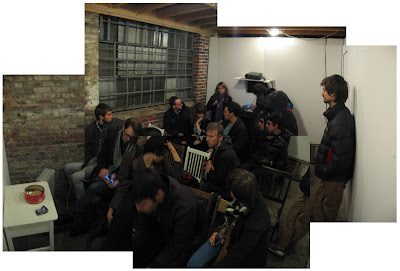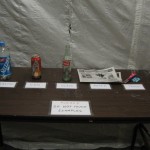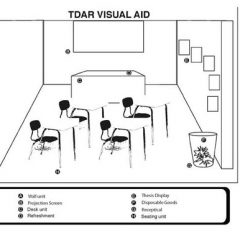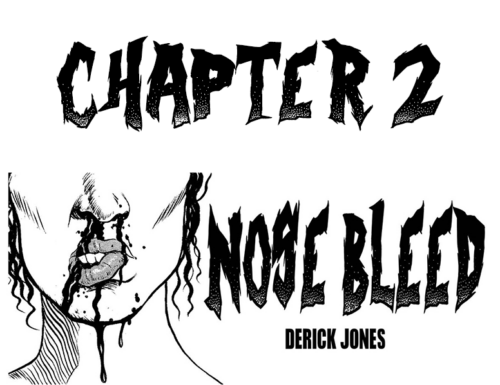Artblog last covered the grandly-named Philadelphia Institute For Advanced Studies (PIFAS) during ‘Each One Teach One’ this summer. Among other virtues, the Institute subcontracts out their event-planning to enthusiastic involvees. Melissa J. Frost, a 26-year-old architecture student and West Philly homeowner, has organized a lecture series called ‘Architecture without Architects’ for several Thursdays beginning last month and continuing TONIGHT (the architecture of inflatable forms). The title suggests, yes, a challenge to the dominant mode of authoring buildings. But it also describes these lectures themselves: “a bunch of people who aren’t architects, sitting around and talking about architecture,” says Melissa. They continue PIFAS’s tradition of boldly (and light-heartedly) providing an atmosphere of thoughtful engagement beyond the university.

An architecture student at UPenn, Kristen Smith, gave the main talk. This is what she wrestled with: computers no longer serve as mere aids in drafting, but as form-generators themselves. Imagine if you fed your word-processor a few variables, and it output a dazzling – but perhaps only half-intelligible – essay. Architects can write a set of rules which, when looped a million times, elegantly solve a structural problem like how soap bubbles pack together. Kristen compared this to a few slides of Morris Lewis and Jackson Pollack at work – artists who use process itself as a generator. Architects have not had the same freedom, until now.
But measured skepticism reigned. Yes, the computer can generate forms more complex than the human mind can. Yes, many of her professors are ga-ga over this. But Kristen wondered if this attraction was anything other than aesthetic. She showed a wildly ergonomic chair, generated by a script seeking only points of structural necessity. Melissa: “that chair – it looks really cool, but how is it better than this chair, which is from the trash at my school?” Schools are teaching scripting, architecture firms are hiring programmers – “but it’s very limiting – you’re converting computer output into an architecture that has nothing to do with human interaction.”

At a slide of algorithmically generated pod structures, she asked, “what if these became the new row homes?” Brandon Joyce, one of PIFAS’s organizers, responded wryly, “do you think they could erect public works more quickly? They can’t pay architects to design public housing every time, so wouldn’t it be neat if they could just flip a switch, and a computer would generate new forms?” Others in the audience wondered about construction techniques – how to make it with bricks, not just foamcore?
For Christina and Melissa, what really lurks behind their consideration of computers is the threat to authorship. What happens to the centuries-old role of architects when algorithms generate buildings? At least, perhaps, they’d be better insulated. In the leased warehouse at Cecil B. & N. 2nd, on one of the last nights of fall, Brandon reminds us: “here we are now, in the 21st century, and we can’t stay warm.”
Bring a hat and gloves for ‘Aerospace and Artists’ tonite (Thursday). Matthew Lippincott inflates architecture derived from plastic bags. PIFAS graciously furnishes a coffee urn and cookie tin. These events toe a line between tongue-in-cheek and high theory. You really must attend one to appreciate.











